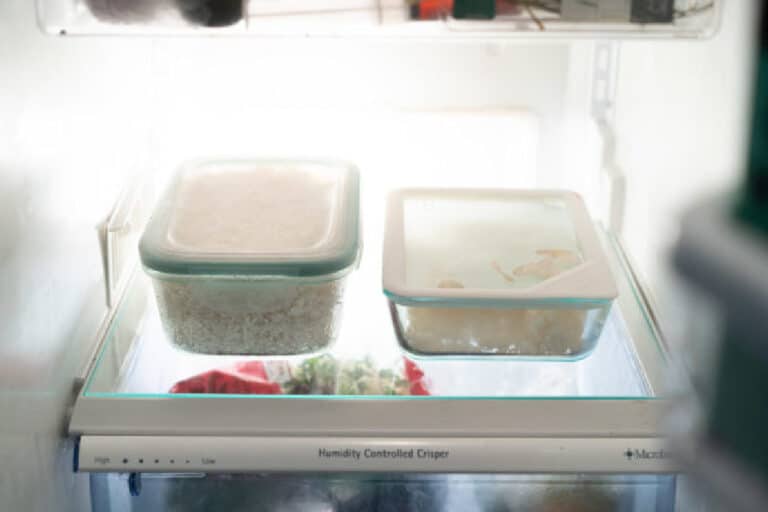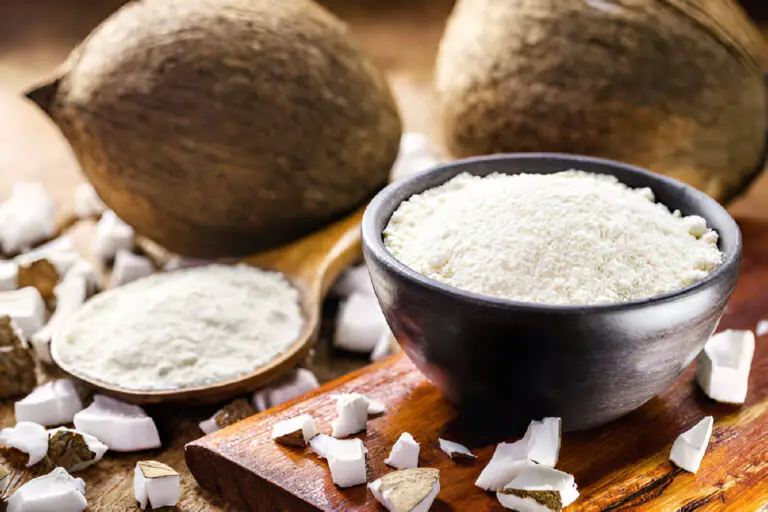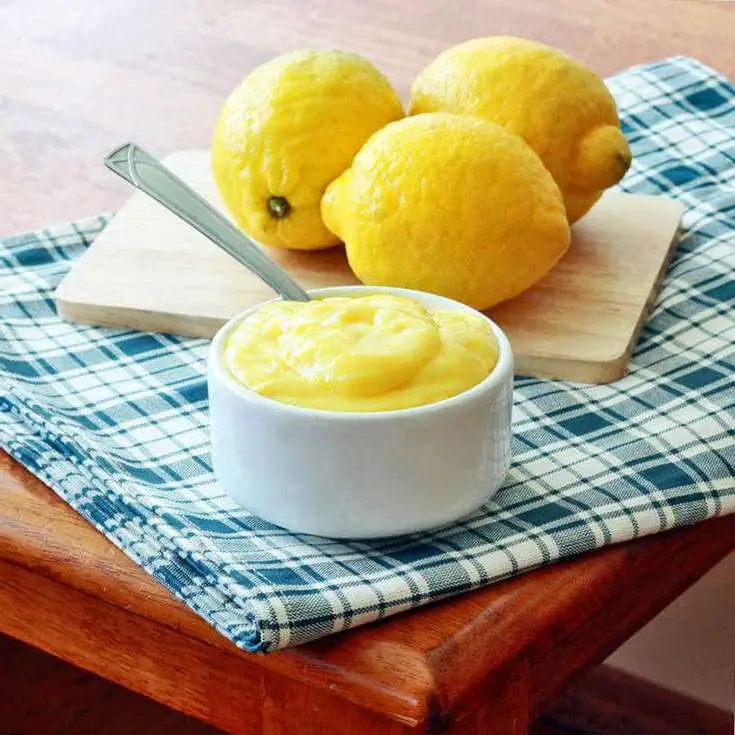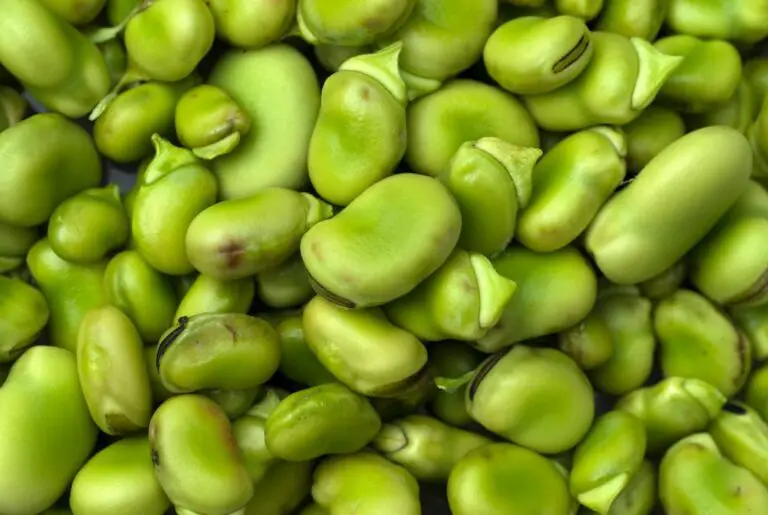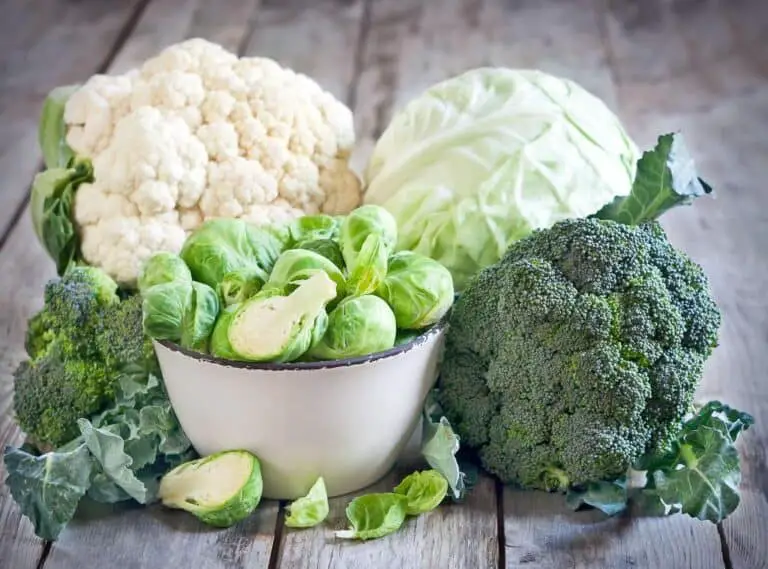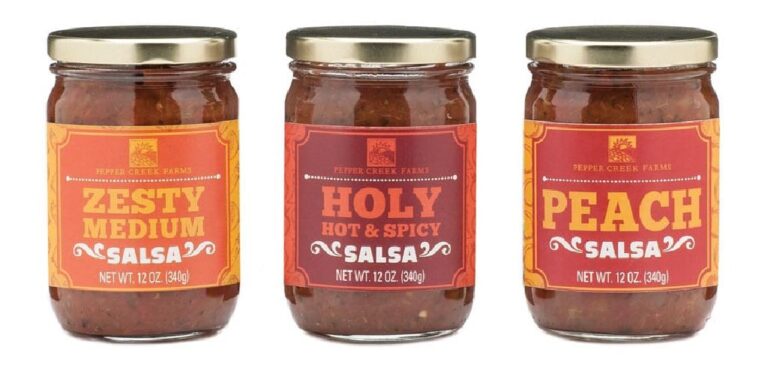Does Ketchup Need To Be Refrigerated After Opening? How To Store Ketchup?
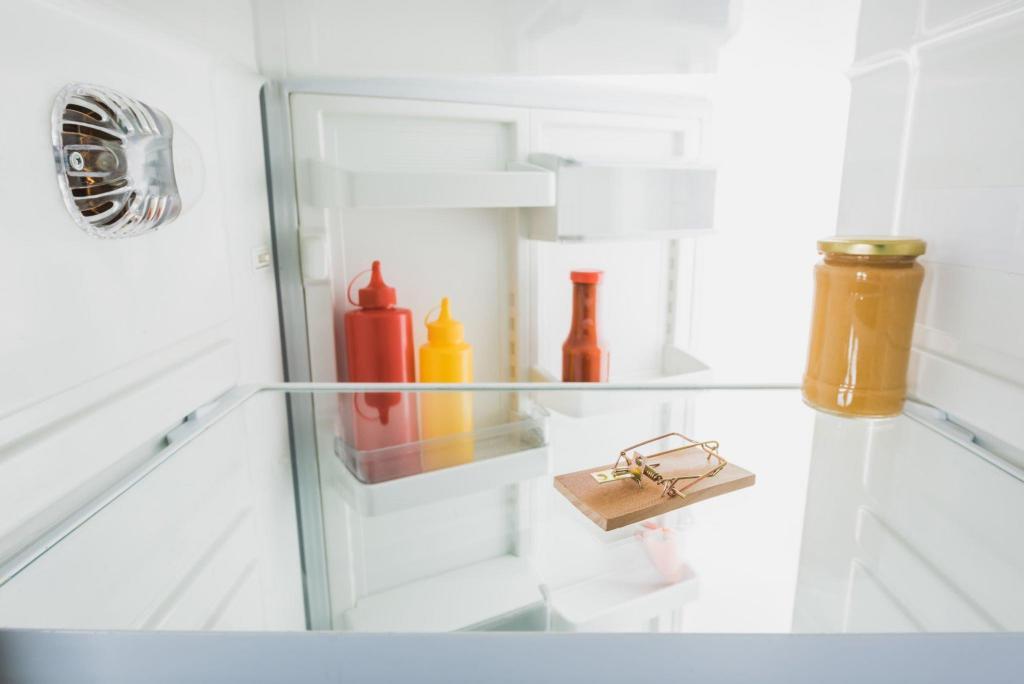
Ketchup is a common condiment in many homes, but people have been arguing for years about whether or not it needs to be kept in the fridge after it has been opened.
Some people believe that ketchup should always be stored in the fridge, while others argue that it can be kept at room temperature. So, what’s the truth? Does ketchup need to be refrigerated after opening? Ketchup doesn’t have to be kept in the fridge after it’s been opened, but it’s best to do so to keep it fresh and extend its shelf life.
In this blog post, we’ll dive into the pros and cons of refrigerating ketchup compared to keeping it at room temperature. We explore the best way to store it to ensure that it stays fresh and delicious for as long as possible.
Whether you’re a ketchup lover or simply curious, this post has got you covered. Let’s get started!
Popularity of Ketchup as a Condiment
Ketchup is a tangy, thick tomato sauce made from tomato concentrate, sugar, distilled vinegar, spices, and flavoring. It is typically made with tomatoes as the main ingredient, along with sweeteners such as granulated cane sugar or beet sugar, vinegar, salt, and spices and flavorings such as onion and garlic.
Ketchup was originally fermented fish sauce, but the modern version of ketchup has been around since the early 20th century. In addition to the other things, some homemade ketchup recipes also call for crushed tomatoes and water.
Ketchup is popular as a condiment and has been on the rise for many years now. It is estimated that over 50% of households in the United States have ketchup in their kitchens.
Ketchup has been a staple in the American diet for over a hundred years, and its popularity continues to grow. This versatile sauce is not just used as a condiment for burgers and fries; it is also used in cooking and as a base for marinades and sauces.
Ketchup’s popularity can be attributed to its versatility, taste, and convenience. Ketchup is made from a combination of tomatoes, sugar, vinegar, and spices.
This combination creates a sweet and tangy flavor that can be added to a wide variety of foods. Ketchup’s convenience makes it an easy go-to condiment for many people.
It is readily available in most grocery stores and is easy to store. Compared to other condiments, ketchup is also pretty cheap, which makes it a good choice for many households.
Ketchup’s popularity has also been driven by advances in the food industry. The rise of fast food chains in the 1950s and 1960s saw an increase in the demand for ketchup. These chains used ketchup as a condiment for their burgers and fries, helping to further popularize the sauce.
In the last few years, the food industry has also made new kinds of ketchup, like spicy ketchup, which has helped make it even more popular.
What Happens to Ketchup After Opening
After opening a bottle of ketchup, the shelf life and quality of the product may start to deteriorate. Ketchup contains high levels of sugar and vinegar, which act as preservatives
Once the bottle is opened, the product is exposed to air and bacteria, which can shorten its shelf life. The growth of bacteria can cause changes in the appearance, texture, and odor of the ketchup, making it unsafe to consume.
To prevent spoilage, store ketchup in a cool, dry place away from light and heat, and use a clean, dry utensil when dispensing the ketchup.
Another factor that can affect the quality of ketchup after opening is oxidation. When ketchup is exposed to air, it oxidizes, which can change the color, taste, and texture of the product. Oxidation can also make the ketchup taste bad and smell rancid, which makes it less appealing to eat and could be dangerous.
In addition to spoilage and oxidation, changes in temperature can also have an impact on the quality of ketchup after opening. If ketchup is left in a hot car or kept near a heat source, it can get thicker and harder to use. The quality of the ketchup can also be affected by temperature fluctuations, which can cause the product to separate and become less stable.
Does Ketchup Need To Be Refrigerated After Opening?
Ketchup contains a high amount of vinegar and sugar, which makes it a low-pH food. This means that the acidic nature of ketchup makes it a hostile environment for bacteria to grow and thrive. As a result, ketchup does not need to be refrigerated after opening. However, it is recommended to store ketchup in the refrigerator to extend its shelf life.
Storing ketchup in the refrigerator will help to slow down the growth of bacteria, which can cause spoilage and food-borne illnesses. Also, putting the ketchup in the fridge will help keep its flavor and consistency. If you leave ketchup out at room temperature for a long time, it can get thicker and harder to get out of the bottle.
Take note that the type of ketchup can impact the need for refrigeration after opening. For instance, organic ketchup may have fewer preservatives than regular ketchup, which makes it more likely to go bad. In this case, refrigeration may be necessary to extend the shelf life of the ketchup.
Shelf Life of Opened and Unopened Ketchup
Unopened ketchup can last for up to a year or even longer if stored properly. If kept in a cool, dry place away from light and heat, unopened ketchup can last for 1-2 years beyond the date stamp. To make sure the ketchup lasts as long as possible, you should store it according to the directions on the bottle.
How long the ketchup will last depends on many things, like how it was stored and what kind of ketchup it is. Typically, opened ketchup will last for about 3 to 4 months in the refrigerator. This is assuming that the ketchup has been stored in a cool, dry place and has not been exposed to excessive heat or light.
Factors That Determine Ketchup’s Shelf Life
The shelf life of ketchup depends on several factors, including the ingredients used, the storage conditions, and the manufacturing process. The type of vinegar used, the amount of sugar, and the amount of salt in the ketchup can all affect its shelf life.
In addition, the way ketchup is stored and the conditions under which it is stored can also play a role in determining its shelf life. Storing ketchup in a cool, dark place can help extend its shelf life, while exposing it to high temperatures and light can reduce its shelf life.
Ketchup that has been stored in a pantry or cupboard may last for a shorter period of time due to exposure to light and heat.
The shelf life of opened ketchup can also be impacted by the type of ketchup. Organic ketchup may have a shorter shelf life due to the lack of preservatives compared to regular ketchup. Ktchup that is made with high fructose corn syrup may have a longer shelf life than ketchup made with sugar.
How To Store Ketchup
Recommended Storage Conditions
Ketchup should be stored in a cool, dark place to extend its shelf life. The ideal temperature for storing ketchup is between 50°F and 70°F. This helps to slow down the oxidation process and prevent the ketchup from spoiling. Ketchup should also be stored in an airtight container to keep out air and light, which can cause it to deteriorate more quickly.
Proper Packaging for Ketchup
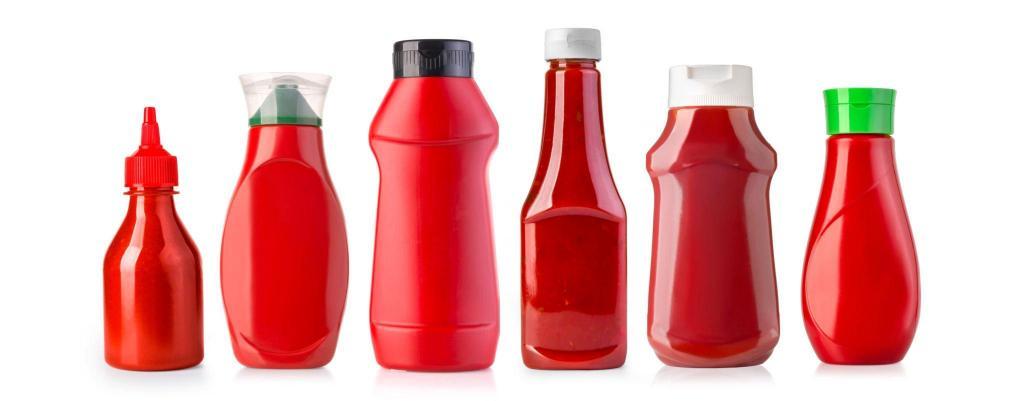
Ketchup should be stored in a container that is airtight and opaque to keep out air and light. As long as the lids fit tightly, you can store ketchup in either glass or plastic containers.
If ketchup is stored in a squeeze bottle, it is important to store it in the upright position to prevent air from entering the bottle. Squeeze bottles should also be closed tightly after each use to prevent air from entering and to keep the ketchup fresh for as long as possible.
Tips for Extending Ketchup’s Shelf Life
There are several tips for extending the shelf life of ketchup and keeping it as long as possible.
- Store ketchup in a cool, dark place.
- Ketchup should be stored in an airtight container.
- Using a clean, dry tool to get the ketchup out of the bottle can also help prevent contamination.
- It is important to close the ketchup bottle tightly after each use to prevent air from entering.
- It is recommended to refrigerate ketchup after opening to slow down the oxidation process and prevent spoilage.
- Finally, it is important to monitor the appearance and flavor of ketchup and to discard it if it starts to spoil.
These simple tips can help extend the shelf life of ketchup and keep it fresh for longer.
Storing Ketchup: Refrigeration vs. Room Temperature
Advantages of Refrigerating Ketchup
Refrigerating ketchup after opening has several advantages that can help to extend its shelf life and keep it fresh for a longer period of time. Firstly, refrigeration slows down the oxidation process and helps to prevent spoilage. Secondly, refrigeration keeps the ketchup at a constant temperature, which helps prevent fluctuations in temperature that can cause spoilage. Finally, refrigeration helps to keep the ketchup away from light and air, which can cause it to deteriorate more quickly.
Benefits of Storing Ketchup at Room Temperature
Storing ketchup at room temperature has several other benefits as well.
- Firstly, room temperature storage is more convenient, as it does not require access to a refrigerator.
- Secondly, room temperature storage is more cost-effective, as it does not require energy to maintain a constant temperature.
- Finally, storing ketchup at room temperature is less likely to cause the ketchup to separate, as refrigeration can cause the ingredients in the ketchup to separate over time.
Comparison of the Two Storage Methods
Refrigeration and room temperature storage both have their advantages and disadvantages, and the best method of storage will depend on the individual’s needs and preferences.
Refrigeration is recommended for those who want to extend the shelf life of their ketchup and keep it fresh for a longer period of time, while room temperature storage is more suitable for those who value convenience and cost-effectiveness.
Explanation of Why Refrigeration Is Not Always Necessary
Refrigeration is not always necessary for ketchup, as it has a high level of acidity and a low pH, which helps to prevent the growth of harmful bacteria. In addition, commercial ketchup is often high in sugar and vinegar, which also helps to prevent the growth of harmful bacteria.
However, it is still important to store ketchup in a cool, dark place, and to close the bottle tightly after each use to prevent air from entering and to keep the ketchup fresh for as long as possible. In conclusion, refrigeration is not always necessary for ketchup, but it is still recommended as the best way to extend its shelf life and keep it fresh.
How To Tell if Ketchup Has Gone Bad
Knowing how to tell if ketchup has gone bad is an important skill for ensuring food safety and avoiding food-borne illnesses. Ketchup can go bad over time if not stored properly. We will examine the signs that indicate that ketchup has gone bad and what you can do to prevent it from happening.
- One of the most obvious signs that ketchup has gone bad is a change in appearance. If the ketchup has turned a shade of brown, it is time to throw it out.
- If the ketchup has a sour or rancid odor, it has most likely gone bad and should not be consumed.
- If ketchup has developed mold, it should be discarded immediately.
- Another area to which you must pay attention is a change in texture. If the ketchup has become thicker or has a grainy texture, it may indicate that it has spoiled. This change in texture is usually due to the growth of bacteria in the ketchup.
- It is also important to check the expiration date on the ketchup bottle, as this will give an indication of when the ketchup will no longer be safe to consume.
WARNING
If you’re unsure if your ketchup has gone bad, it is always best to err on the side of caution and throw it out. Consuming spoiled ketchup can cause food-borne illnesses, which can lead to serious health problems.
Conclusion
In conclusion, whether or not ketchup needs to be refrigerated after it has been opened depends on a number of things, such as the type of ketchup, how it will be stored, and how long it will be kept.
Ketchup contains a high amount of vinegar and sugar, which makes it a low pH food, and does not need to be refrigerated. It is advised to keep it in the refrigerator to extend its shelf life and preserve its quality.
Follow the storage instructions on the ketchup bottle to make sure it stays safe and lasts as long as possible. To prevent ketchup from going bad, it should be stored in a cool, dry place away from light and heat, and dispensed using a clean, dry utensil. If you suspect that your ketchup has gone bad, it is always best to err on the side of caution and throw it out to avoid food-borne illnesses.

